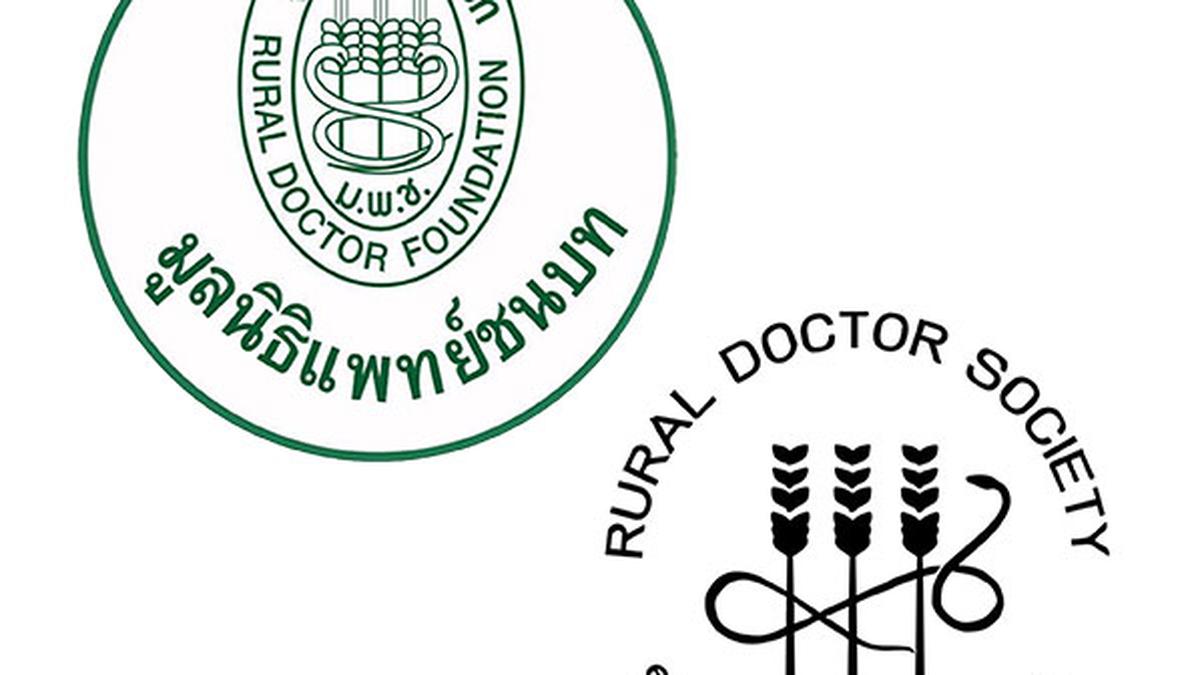
Rural Doctors for Thailand | The healthcare organisation winning Asia’s top honour
The Hindu
Thai doctors receive Ramon Magsaysay Award for pioneering universal health coverage, recognized for selfless service to Asia's people.
Healthcare comes at a cost, but there are those who strive to increase access and reduce prohibitive expenses. Several countries have mooted the idea of universal health coverage as a component of public health and social welfare. Among those who have succeeded in their goals is Thailand.
The collective of doctors which spearheaded the effort to bring health coverage to the masses and ensure equitable healthcare access in rural areas has now been selected to receive the Ramon Magsaysay Award for this year.
According to the World Health Organisation, universal health coverage (UHC) envisages that “all people have access to the full range of quality health services they need, when and where they need them, without financial hardship.” Achieving UHC is one of the targets for the achievement of Sustainable Development Goals by 2030.
Universal health coverage still remains out of reach for many countries, particularly for citizens who are poor or those living in rural areas. Thailand has made great progress in this domain, with universal health coverage being implemented in 2002. Now the country has a system in place that offers medical care— free, to a large extent— to all Thai citizens.
The seachange in the Thai healthcare was the result of many years of struggle by dedicated Thai doctors. Their efforts have ensured adequate and affordable healthcare for all, particularly for those in rural areas. as an element of social justice.
Most of this was achieved through volunteer work by Thai doctors. Some of them banded together to form the Rural Doctors Movement, combining the Rural Doctor Society (RDS) and the Rural Doctor Foundation (RDF). TheRDS is a more informal organisation, while theRDF is a formal non governmental organisation formed by doctors working in public hospitals.
The journey started around the 1960s. At this time, Thai society was witnessing a brain drain of medical professionals abroad, particularly to the United States. To counter this, the government evolved a scheme which saw subsidized medical education in return for compulsory service for the medical professionals in rural area. This made more doctors aware of the need for corrective measures to improve healthcare in the countryside.













